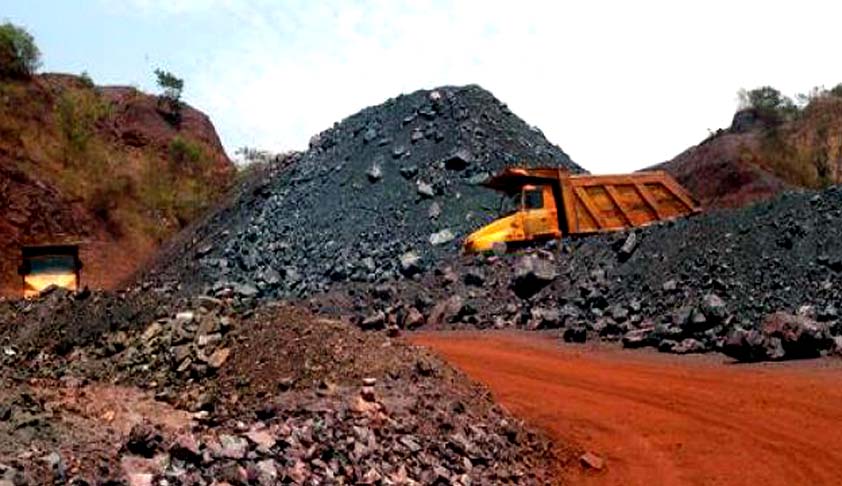SC issues guidelines for iron ore mining in GOA, permits regulated mining based on precautionary principle
LIVELAW NEWS NETWORK
22 April 2014 9:44 PM IST

Next Story
22 April 2014 9:44 PM IST
Like in the case curbing of Karnataka illegal mining, SC today issued far reaching guidelines for mining industry in Goa. The judgment is delivered by the Forest Bench of the Supreme Court headed by Justice A. K. Patnaik and Justices Surinder Singh Nijjar and Fakkir Mohamed Ibrahim Kalifulla . The patterns in mining cases judgment suggest that these guidelines are going to be applied...
